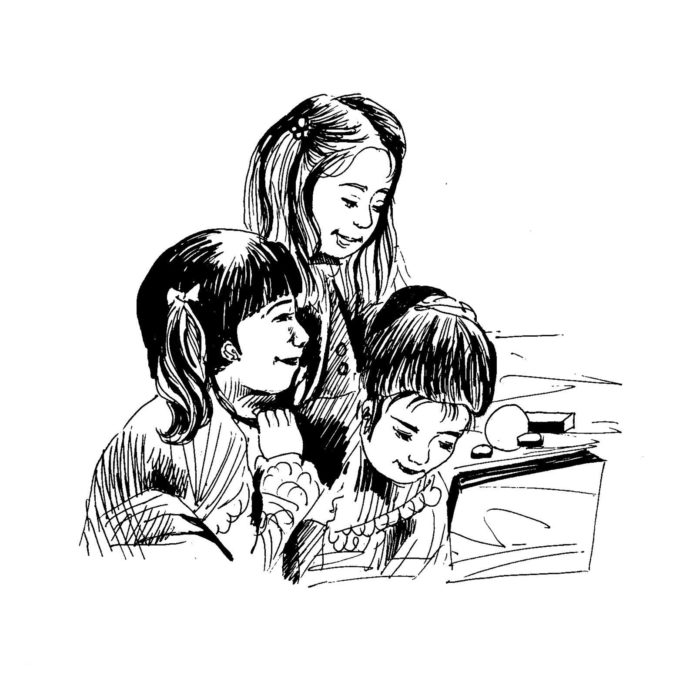The gender divide is not a new topic and neither is access to education. The international gender divide begins in early education — from the time girls can’t go to or complete primary schooling. It is not just the schooling itself, but also the idea that girls have the opportunity to go to school that empowers them. Once girls have access to school, their education will empower them to find their passions and give them the confidence to pursue them.
There is a lack of access to education for girls internationally. The gender divide begins at the primary school age, which varies globally but ranges from about 5–11 years old. Indeed, 25 percent of girls worldwide will never finish primary school and 61 million children who should be in primary school are not — more than half of these children are girls. There are efforts in the U.S., such as the Protecting Girls’ Access to Education in Vulnerable Settings Act, that require the government to prioritize programs for children displaced from the education system — specifically, displaced girls. These efforts are great, but not enough. College students in the U.S. don’t pay attention to this problem as much because we are in higher education and don’t face the same problems.
Using my motherland Armenia as a case study, we can see how education for men is prioritized. Khanum Gevorgyan is a B.A. student at the American University of Armenia majoring in English and Communications who recalls being told on a plane “It’s a shame you are not a boy.” This relates to girls’ limited access to education by reinforcing the idea that some families dedicate more resources toward boys because they are assumed to be more capable than girls. Girls must limit their ability to imagine what opportunities are possible.
There are women today who push against this stereotype and work to empower women and girls in Armenia, like the Women’s Support Center in Armenia, the UN Women Fund for Gender Equality that helps women access economic opportunities or the Armenian International Women’s Association that work with the UN and other programs to encourage global empowerment and support for women. This problem, however, is not contained to Armenia. We need more initiatives like these to help all women, not just Armenian women, fulfill their full potential.
While I agree that access to education is important for all genders, it is crucial to understand that many gendered expectations exist specifically for women. If girls don’t have access to school, it perpetuates these injustices — as well as the gender divide in general. People need to consider that many women want to go to school and do more than stay at home. Personally, going to school and learning what I have, I now know that I can pursue everything I want to outside of cultural expectations. Through my education, I have learned that I can pursue my passions for law and social justice work and challenge the cultural expectations set for me.
Although I recognize my privilege as a college student in the U.S., I also believe we, as college students, can empower young girls. There are clubs on campus that currently work toward empowering women, like Women and Youth Supporting Each Other (WYSE), Women Inspiring Inner Kindness (WINK), Boundless Brilliance and Women of Economics. We can also get involved in empowerment organizations like Girl Up, which focuses on empowering girls and closing the gender divide at a young age. The organization has raised $8.5 million for UN programs that help girls around the world to have access to school or visit a doctor. We, as Oxy students, are focused on our commitment to change and advocacy, two things Girl Up aims to do as well. So let’s not just empower a select few — but instead, encourage all girls to run the world.
Serena Pelenghian is a junior Critical Theory & Social Justice major. She can be reached at spelenghian@oxy.edu.
![]()































